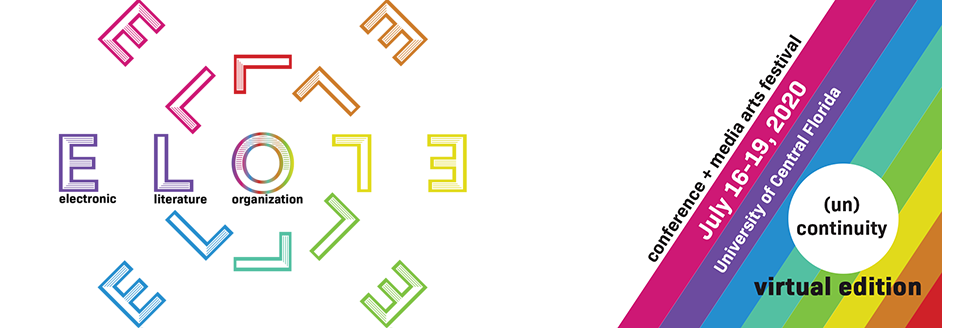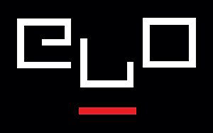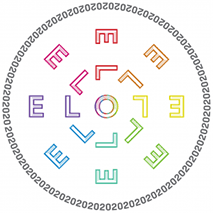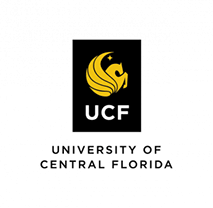Loading...
Submission Type
Virtual Engagement Session
Start Date
18-7-2020 2:00 PM
End Date
18-7-2020 3:00 PM
Abstract
From the “predictive text” keyboards of our mobile devices to the phrases and sentences proffered by Google’s “autocomplete,” algorithmic media are insinuating themselves as “co-authors” into the flow of human writing in ever more ambitious ways. That such technologies may seem commonplace, even mundane, should not distract from their dramatic political stakes; if writing is a particularly powerful technology of the mind (Ong, Orality and Literacy), we should be wary of the ways that subtly invasive corporate algorithms could either encourage and foreclose certain forms of thought. Practitioners of electronic literature–from Charles O. Hartman’s experiments in Virtual Muse to James Meehan’s 1976 Tale-Spin to Janelle Shane’s hilarious AI-generated Halloween costumes and pickup lines–have long imagined ways of integrating human- and algorithmically-generated text that go far beyond the logics of text prediction and correction. The goal of this panel is to imagine what role electronic literature can play in the context of the widespread human/algorithm co-writing.
After brief preliminary presentations by the panelists, this session will take the form of an interactive roundtable discussion.
Electronic Literature in the Age of Autocomplete (Roundtable)
From the “predictive text” keyboards of our mobile devices to the phrases and sentences proffered by Google’s “autocomplete,” algorithmic media are insinuating themselves as “co-authors” into the flow of human writing in ever more ambitious ways. That such technologies may seem commonplace, even mundane, should not distract from their dramatic political stakes; if writing is a particularly powerful technology of the mind (Ong, Orality and Literacy), we should be wary of the ways that subtly invasive corporate algorithms could either encourage and foreclose certain forms of thought. Practitioners of electronic literature–from Charles O. Hartman’s experiments in Virtual Muse to James Meehan’s 1976 Tale-Spin to Janelle Shane’s hilarious AI-generated Halloween costumes and pickup lines–have long imagined ways of integrating human- and algorithmically-generated text that go far beyond the logics of text prediction and correction. The goal of this panel is to imagine what role electronic literature can play in the context of the widespread human/algorithm co-writing.
After brief preliminary presentations by the panelists, this session will take the form of an interactive roundtable discussion.




Bio
Sarah Ciston (she/they) makes computational media art and writes in prose, poetry, and Python. Named one of San Francisco Weekly's “Best Writers Without a Book,” their work has appeared in Ada Journal of Gender, New Media, and Technology; ZYZZYVA; Hobart; and is forthcoming in Leonardo Electronic Almanac. They hold an MFA from UC San Diego and are an Annenberg Fellow in Media Arts + Practice at USC, where they lead Creative Code Collective—a student community for learning programming with an interdisciplinary, intersectional approach.
Katy Ilonka Gero (she/they) is a writer and scientist. She is a PhD student at Columbia University in Computer Science, where she builds and studies co-creative writing interfaces. Her writing has appeared in Electric Literature, Synaesthesia Magazine, and the Blueshift Journal. Her academic work on computer-human interaction and natural language processing has been published by various ACM conferences. Her research is supported by an NSF Graduate Research Fellowship.
Kyle Booten is a postdoctoral fellow in the Neukom Institute for Computational Science at Dartmouth College. His computer-mediated writing has appeared in venues such as Fence, Lana Turner, Tentacular, and Boston Review. A scholar of Digital Humanities and New Media, his recent research has appeared in venues such as the proceedings of the International Conference on Computational Creativity, and #Identity: Hashtagging Race, Gender, Sexuality, and Nation (University of Michigan Press, 2019).
Annette Vee (she/hers) is an Associate Professor of English at the University of Pittsburgh, where she directs the Composition Program and teaches undergraduate and graduate courses in writing in digital contexts. She is the author of Coding Literacy (MIT Press, 2017), which demonstrates how the theoretical tools of literacy can help us understand computer programming in its historical, social and conceptual contexts. Her work on algorithmic authorship, rhetoric of software, intellectual property, and coding literacy has been published in Computers and Composition, Enculturation, Computational Culture, and Literacy in Composition Studies.
Brian Kim Stefans is an Associate Professor at UCLA where he teaches new media studies, creative writing, modern and contemporary poetry, speculative fiction and film studies. He is the author of several books of poetry and prose, most recently Word Toys: Poetry and Technics (University of Alabama, 2017). His digital work, including “The Dreamlife of Letters,” can be found at arras.net. Poems have recently appeared in Poetry, Fence and Lana Turner.